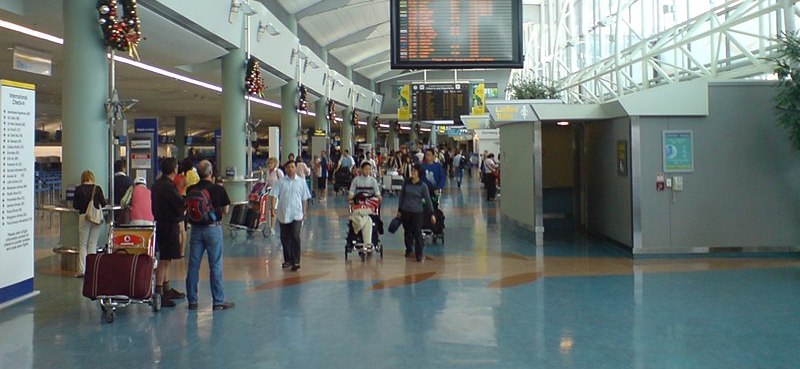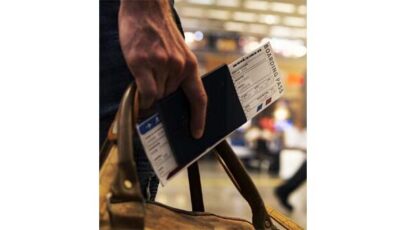Omicron spread: New Zealand lists strict measures to be followed by international arrivals

New Zealand on Tuesday announced strict measures to be followed by international arrivals for curbing alarming spread of Omicron variant of coronavirus.
“All of the evidence so far points to Omicron being the most transmissible variant yet and public health advice says that soon, every case that comes into MIQ (Managed Isolation and Quarantine) will be Omicron,” Covid-19 Response Minister Chris Hipkins told a press conference.
“But experts still don’t know how severe it is. So while it’s sweeping the globe at a bewildering speed and appears to be the dominant variant, how sick it makes people and the impact it has on health systems is not yet fully understood,” Xinhua news agency quoted the Minister as saying.
5 Key Point
1.Shorten Pre-Departure Test Requirement From 72 to 48 hours
To further strengthen the border, the government needs shortening the pre-departure test requirement from 72 to 48 hours before travelling to New Zealand in order to assist in picking up more people with the virus before they get on a plane.
2.Changes in Isolation Rules
The government also makes a temporary change to MIQ (Managed isolation and quarantine) that increases the length of stay from seven to 10 days. Currently returnees do their final three days of isolation at home. Bringing those final three days back into MIQ reduces the risk of the virus entering the community, Hipkins said.
To slow the rapid spread of Omicron overseas, New Zealand pushes out the start of non-MIQ travel until the end of February 2022.
“With these changes, we’re buying New Zealand as much time as we can, as scientists here and overseas race to get a clearer picture of Omicron,” the Minister said.
“By the end of February when we revisit the phased border re-opening, around 3 million more Kiwis will be eligible for the booster shots,” he said, adding the vaccine rollout to 5-11 year-olds will start on January 17.
3.New Zealand Omicron Cases
A total of 22 cases of Omicron variant have been detected in international arrivals at the New Zealand border, according to the Ministry of Health.
The country has so far reported a total of 13,531 Covid cases and 49 deaths.
4.Covid-19 Booster Shots
The first step of the plan is accelerating the Covid-19 booster rollout by shortening the period between the second and booster doses of the Pfizer vaccine, which is an appropriate and pragmatic step and is in line with what other countries are doing, the Minister said.
“Data is emerging that a booster dose with Pfizer provides better protection than two-dose course against the Omicron variant,” he said, adding that over 82 percent of vaccinated New Zealanders will be eligible for a booster by the end of February 2022, with border and health workers a priority to have the extra protection.
5.Covid-19 Vaccine Double Dose
More than 90 per cent of eligible New Zealanders have been double dosed against Covid-19.















